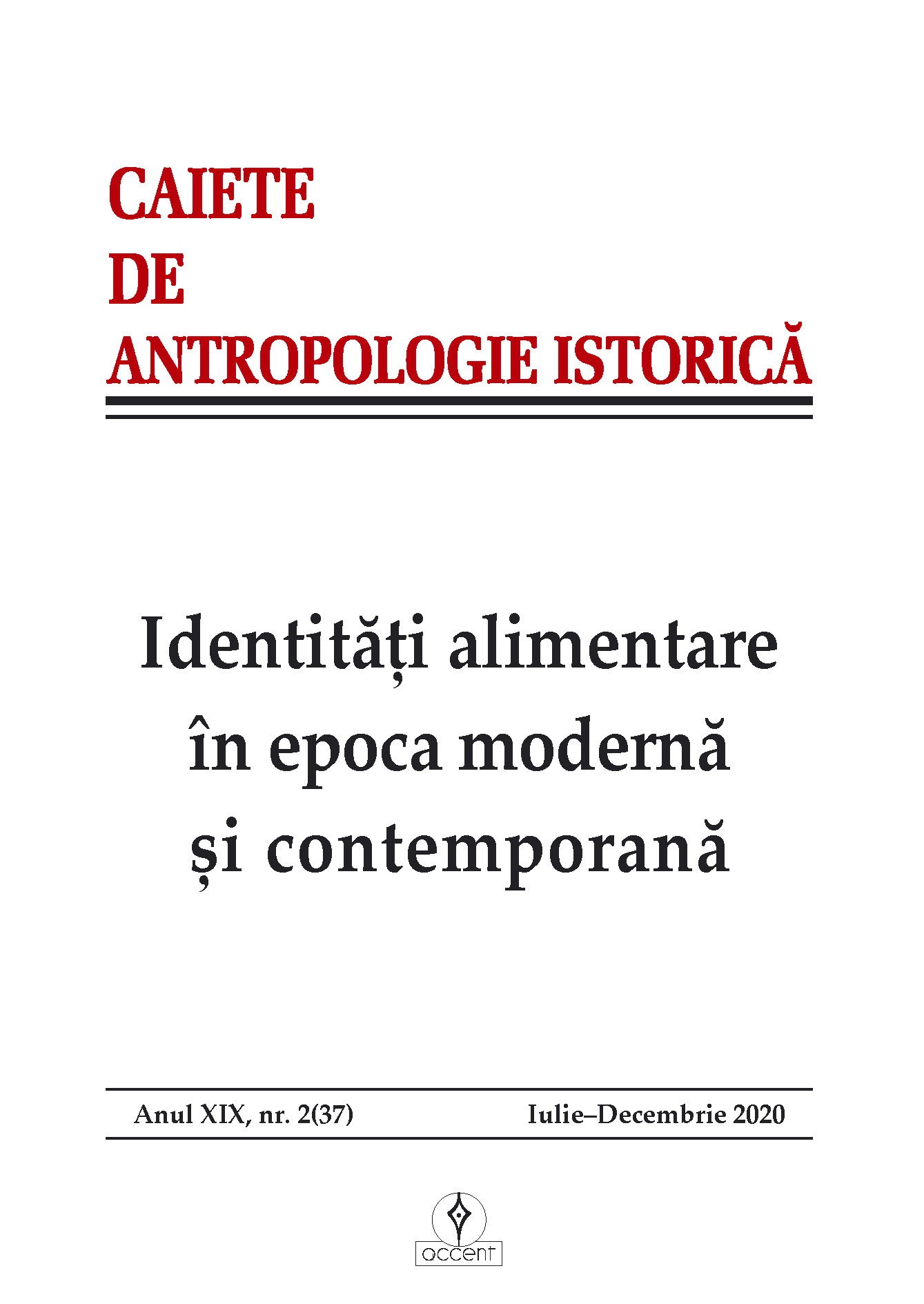Cârciuma țărănească la sfârșitul secolului al XIX-lea și începutul secolului XX
The peasant pub at the end of the 19th century and the beginning of the 20th century
Author(s): Ildikó-Lucia AszalosSubject(s): Cultural history, Social history, Recent History (1900 till today), Culture and social structure , 19th Century
Published by: Accent Publisher
Keywords: pub; innkeeper; peasant; alcoholism; monopoly law; agricultural agreements;
Summary/Abstract: The present study aims at a complex approach to what pubs in rural areas meant. At the end of the 19th century and the beginning of the 20th century, the pub was, first of all, a meeting place, where the exchange of ideas was the order of the day. Here were all the news from the village, but also from the country, there were economic and political conversations, a place to negotiate employment contracts etc. On the other hand, the pub also became a negative element of the Romanian society. The discussions were replaced by high alcohol consumption, fights became frequent, the innkeeper sold his goods on debt, which was often recovered through the work of the land. The politicians tried to stop this growing phenomenon. Several laws were issued to reduce the number of pubs, but also to limit alcohol consumption. The lack of education in rural areas was a determining factor for high alcohol consumption, but also because of old traditions. There was a need to change the collective mentality, to set up new institutions to replace the pub, to limit the access, in certain periods of time, but also to ensure a stricter control by the authorities.
Journal: Caiete de Antropologie Istorică
- Issue Year: 2020
- Issue No: 37
- Page Range: 86-97
- Page Count: 12
- Language: Romanian

